SUMMARY
This is AI generated summarization, which may have errors. For context, always refer to the full article.
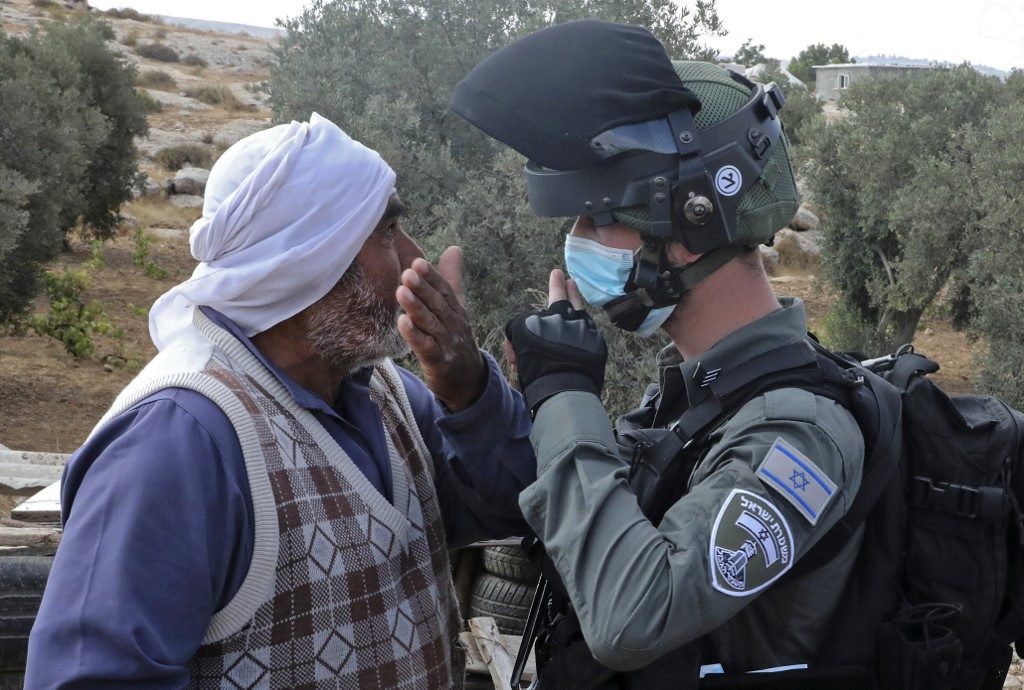
Israel and its Arab neighbors have waged 8 wars and struck rare peace accords.
After Israel and the United Arab Emirates agreed Thursday, August 13, to normalize relations, here is a brief overview of milestone events.
Creation of Israel and wars
Israel is created on May 14, 1948, formed out of part of Palestine 3 years after the end of World War II when the Nazis killed more than 6 million Jews.
Israel immediately comes under attack by its Arab neighbors – Egypt, Iraq, Jordan, Lebanon and Syria – but repulses them.
More than 760,000 Palestinians are driven out or flee, becoming refugees.
In 1956, Israel attacks Egypt alongside Britain and France, which are seeking to overturn the nationalization 3 months earlier of the strategic Suez Canal.
They eventually withdraw under pressure from both the United States and the then Soviet Union.
In June 1967, Israel wins a crushing victory over its Arab neighbors in the Six-Day War.
It seizes the West Bank including east Jerusalem from Jordan, the Golan Heights from Syria, and the Gaza Strip and Sinai Peninsula from Egypt.
In 1973, Egypt and Syria launch a surprise attack on the Jewish holiday of Yom Kippur to try to win back their lost territories, but are repulsed.
First peace treaty
The year after the historic visit in 1977 by Egyptian President Anwar Sadat to Jerusalem, Israel and Egypt agree on peace terms after talks brokered by the United States.
The Camp David accords are the first peace agreement between Israel and an Arab state.
The peace treaty is signed in 1979 by Israeli prime minister Menachem Begin and Sadat.
In 1978 and again in 1982, Israel invades civil war-wracked Lebanon in a bid to halt cross-border attacks by Palestinian militants.
Israeli-backed Lebanese militiamen kill hundreds of civilians in the Sabra and Shatila Palestinian refugee camps on the outskirts of Beirut.
Israeli troops will remain in southern Lebanon until 2000.
Peace treaty with Jordan
A second peace accord, with Jordan, follows in 1994, signed by prime ministers Yitzhak Rabin and Abdel Salam Majali.
The Wadi Araba Treaty formally ends 46 years of war between the two neighbors.
Intifadas,Oslo accords
The first Palestinian intifada, or uprising, erupts in 1987.
It ends in 1993 when Israel agrees to limited Palestinian autonomy in the West Bank and Gaza as an interim step towards a comprehensive peace agreement, which has yet to emerge.
The so-called Oslo accords are sealed with an historic handshake between Palestinian leader Yasser Arafat and Rabin, who is assassinated two years later by a Jewish extremist.
The second intifada breaks out in 2000 when right-wing Israeli opposition leader Ariel Sharon pays a provocative visit to the Al-Aqsa mosque compound in annexed east Jerusalem.
The Israeli army reoccupies much of the West Bank in a series of large-scale military operations and begins building a separation barrier between the two communities that in places cuts deep into occupied territory. The intifada ends in 2005.
In 2005, Israel withdraws all troops and settlers from Gaza after 38 years of occupation.
It imposes a crippling blockade after Islamist group Hamas seizes control in 2007.
It carries out 3 deadly offensives against the territory in 6 years, the latest in 2014.
Trump’s support
In December 2017, US President Donald Trump recognizes Jerusalem as Israel’s capital, a declaration condemned by the Palestinians who regard east Jerusalem as the capital of their future state.
In May 2018, Washington transfers its embassy to Jerusalem.
In March 2019, Trump formally recognizes Israel’s 1981 annexation of the Golan Heights.
On January 28, 2020, Trump unveils a controversial Middle East peace plan which provides for the annexation of swathes of the West Bank by Israel.
On August 13, Trump, in a surprise announcement, says that Israel and the United Arab Emirates have reached a “historic” peace agreement. In the deal Israel pledges to halt annexation of Palestinian lands.
Israeli Premier Benjamin Netanyahu says the agreement means “a new era began in the relations between Israel and the Arab world.” – Rappler.com
Add a comment
How does this make you feel?
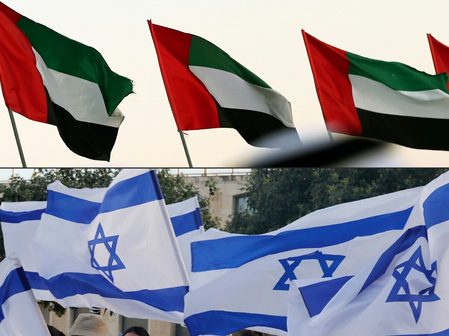
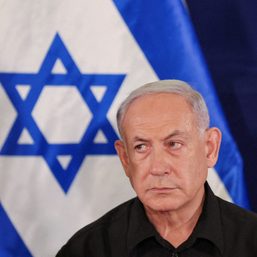
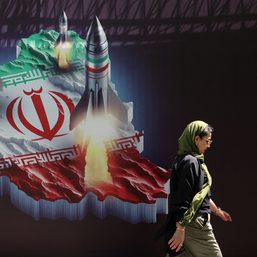
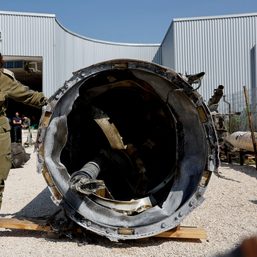

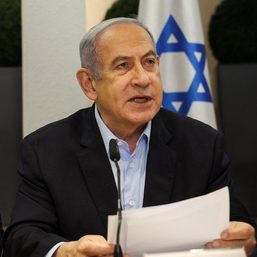
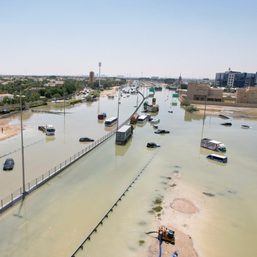




There are no comments yet. Add your comment to start the conversation.